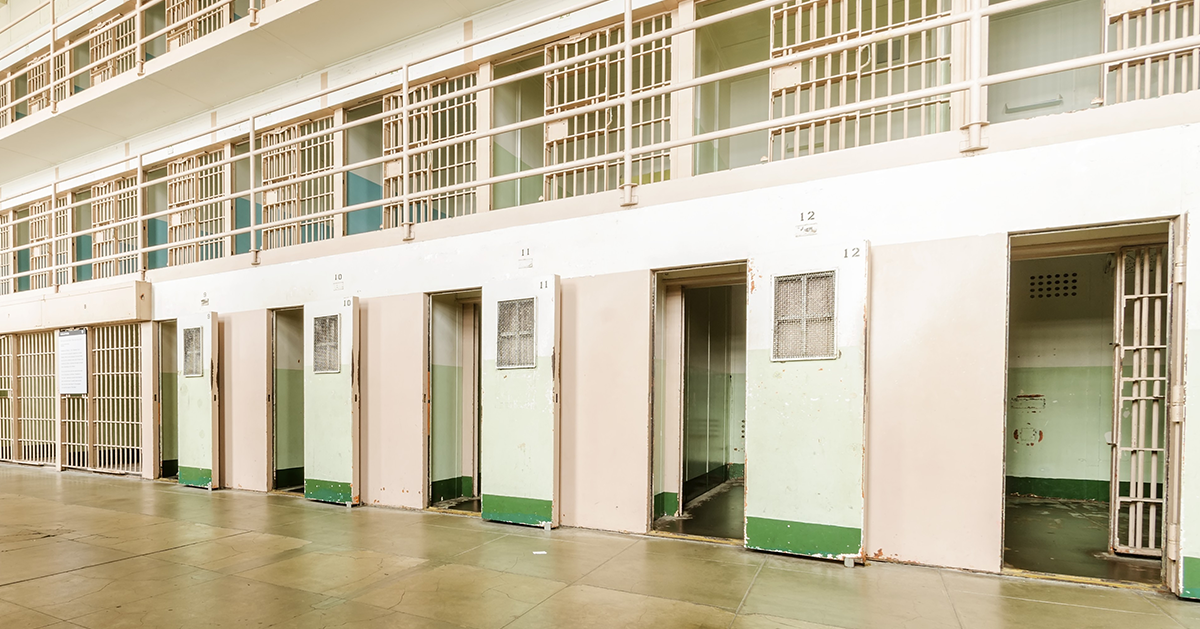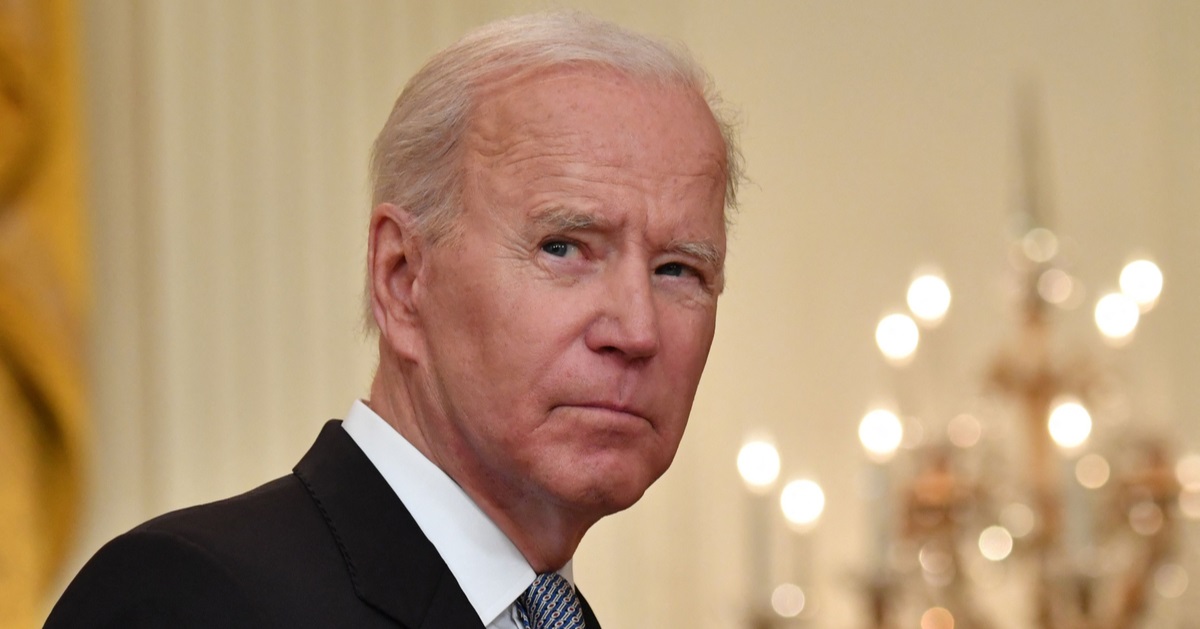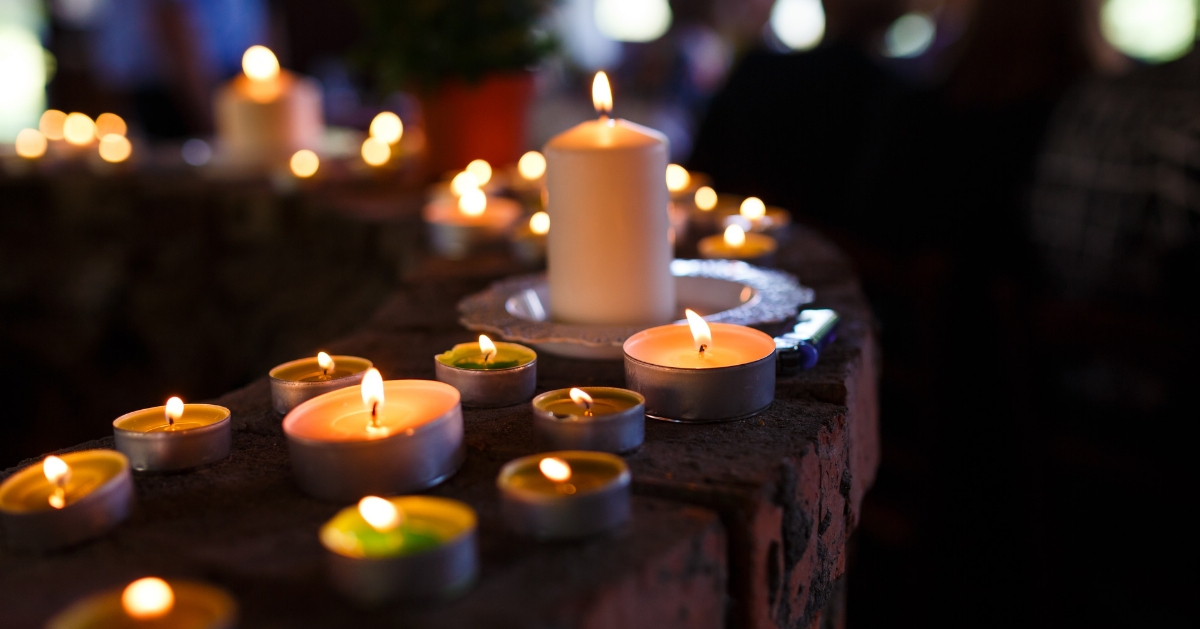Trump's plea to delay civil lawsuits over Capitol riot denied
Former President Donald Trump's latest legal setback involves a denied request to pause civil lawsuits accusing him of inciting the violence at the U.S. Capitol on January 6, 2021. This decision was made by U.S. District Judge Amit Mehta in Washington.
A Washington judge has refused to halt civil lawsuits against Donald Trump amid his ongoing criminal cases, the AP reported on Thursday.
The lawsuits have been brought forward by Democratic lawmakers and Capitol police officers who experienced the riot.
The civil cases seek to hold Trump accountable for the January 6 riot, an event aimed at stopping the certification of Joe Biden's electoral victory. These legal actions suggest that Trump's rhetoric and actions contributed significantly to the events of that day.
Overview of Trump's Legal Battles
Alongside the civil lawsuits, Donald Trump is contending with a criminal case that accuses him of conspiring to overturn his 2020 election defeat against President Joe Biden. This is a separate matter from another ongoing criminal case in New York concerning hush money payments said to be made during the 2016 presidential campaign. Jury selection for this case started earlier this week.
In defense of his actions on January 6, Trump has claimed presidential immunity, asserting that his speech at the pre-riot rally was a matter of public concern and should be protected. However, this claim has been challenged in court, and a federal appeals court in Washington ruled in December that the civil lawsuits could proceed despite Trump’s assertions.
Trump's legal team argued that continuing with the civil cases could force the former president to unveil his defense strategies prematurely for the ongoing criminal proceedings. They stressed that “basic fairness to criminal defendants” should allow a pause in the civil cases until after the election interference criminal case is resolved.
Legal Perspectives and Public Interests
Judge Mehta, in his ruling, emphasized the public's interest in a swift resolution of the civil cases. He mentioned that adequate safeguards could be implemented to protect Trump's Fifth Amendment rights during these legal proceedings, dismissing the argument for pausing the civil cases based on potential prejudice in the criminal cases.
This set of legal battles throws Trump's leadership and his post-presidential life under intense scrutiny. His defense claims a breach in standard legal protections if the cases continued simultaneously.
The Supreme Court is also set to play a crucial role. They are scheduled to hear arguments concerning Trump’s claim of immunity from criminal prosecution in the election interference case next week. This will likely influence the landscape of presidential accountability and legal precedents concerning executive immunity.
Expanding Implications for U.S. Legal Precedents
The intertwining of criminal and civil legal challenges facing a former president is relatively unprecedented in American history, shaping a complex saga of legal evaluations about presidential actions and the boundaries of legal accountability.
The outcomes of these cases could redefine the norms and responsibilities of the highest office in the United States, particularly regarding actions claimed to be undertaken for public concerns or under presidential duties.
A critical aspect of these legal battles is their potential to set significant precedents concerning the limit of presidential powers, especially post-tenure. This issue of presidential liability is becoming a cornerstone discussion in American jurisprudence.
Continued Legal Developments and Societal Impact
The legal proceedings against Donald Trump are closely watched by the public and legal experts alike, offering a unique spectacle that blends constitutional law, presidential accountability, and the broader implications for the U.S.'s democratic processes.
As these legal battles unfold, they not only determine Trump's personal fate but also test the very foundations of legal accountability mechanisms in American governance.
This broad-ranging legal confrontational is bound to leave an indelible mark on the American legal and political landscape, highlighting the complex interplay between law and politics.






